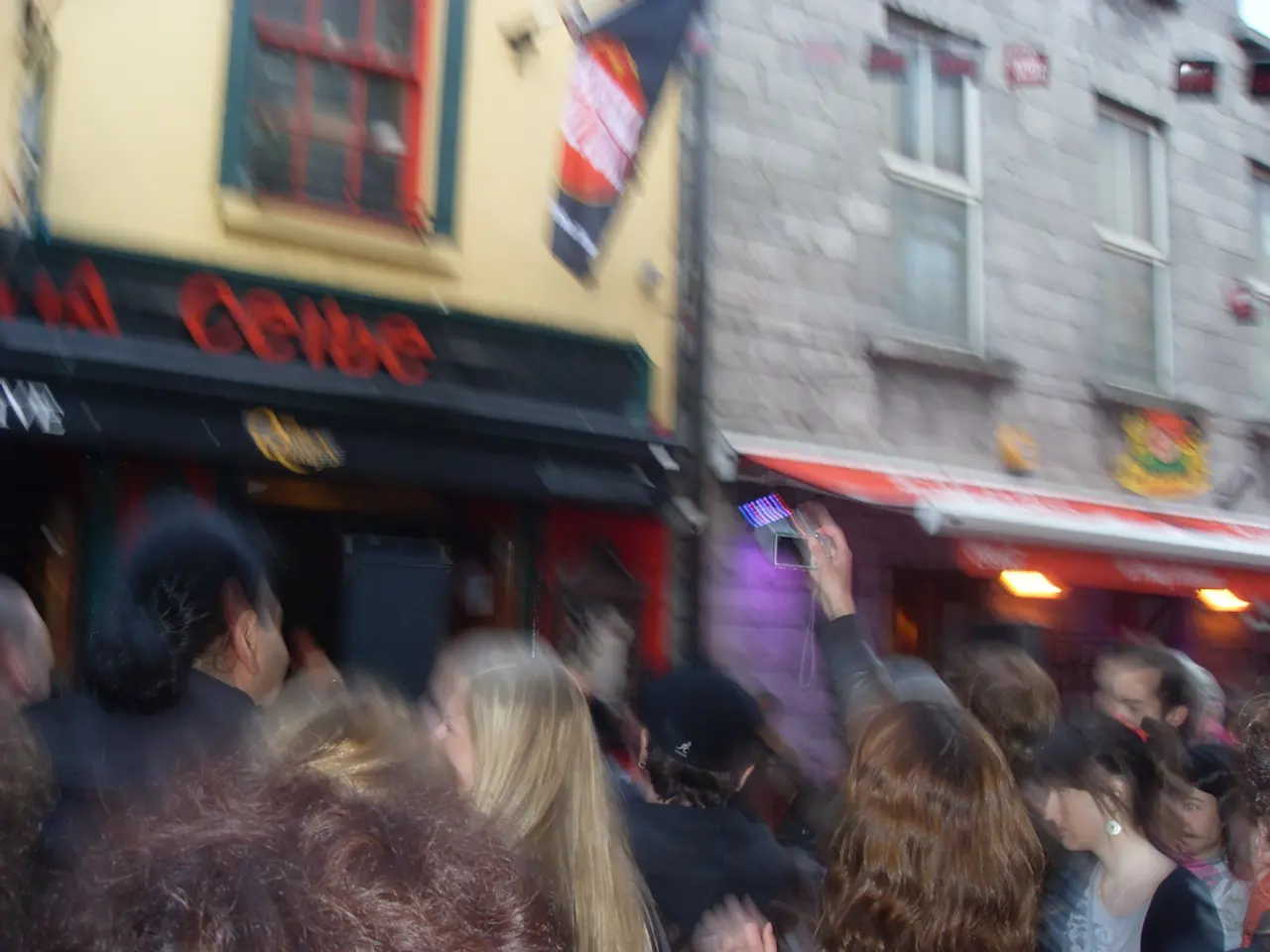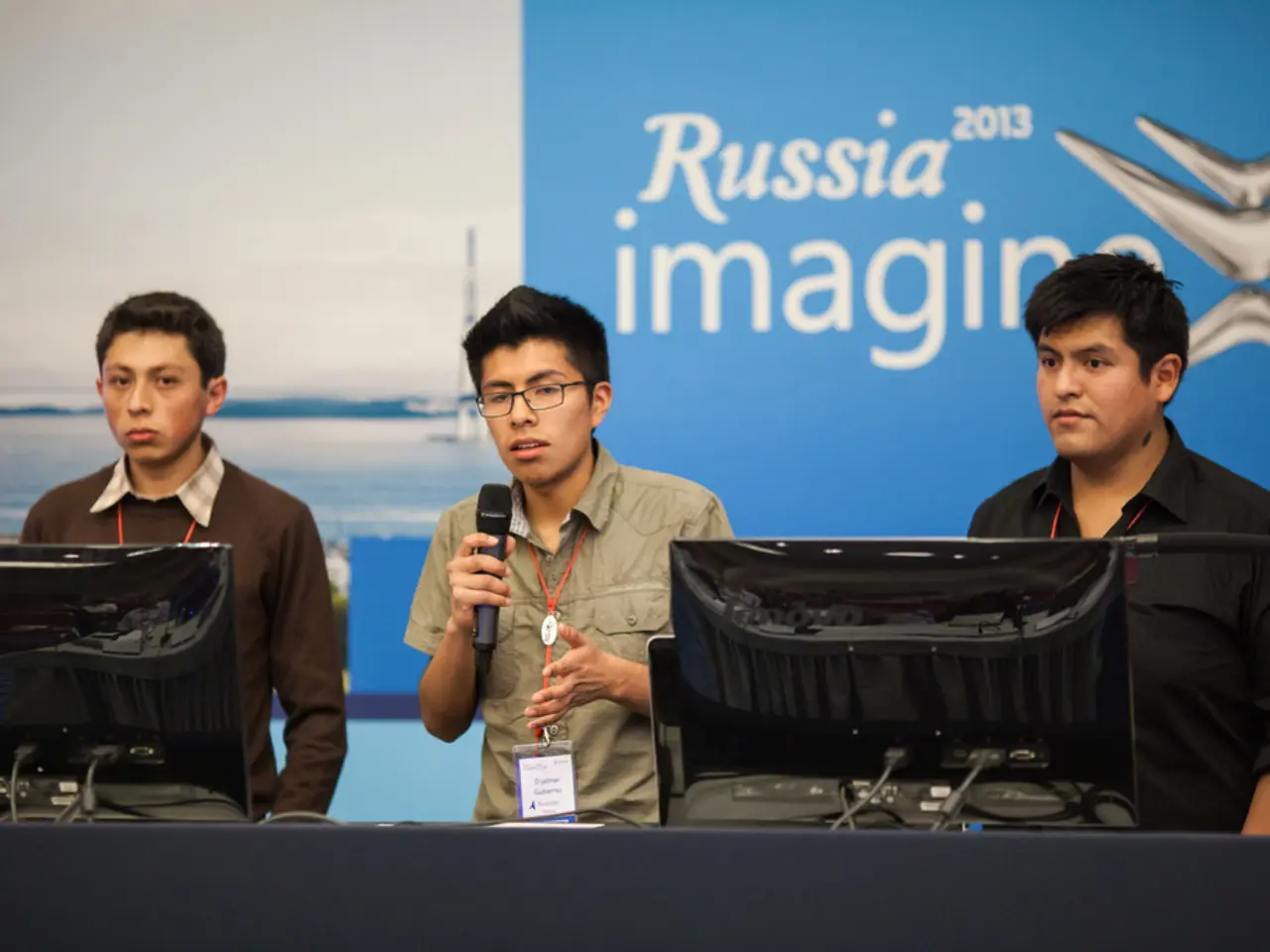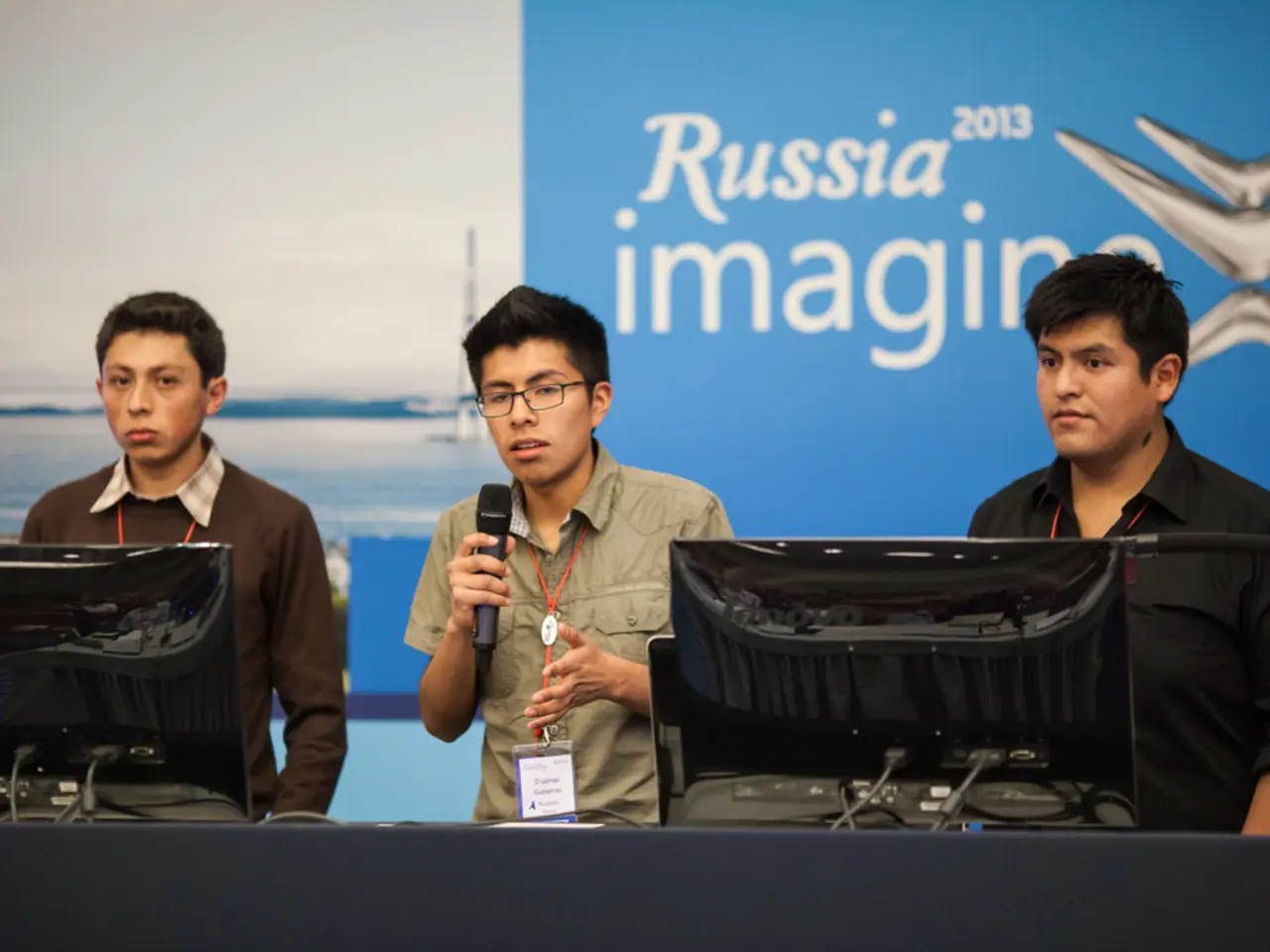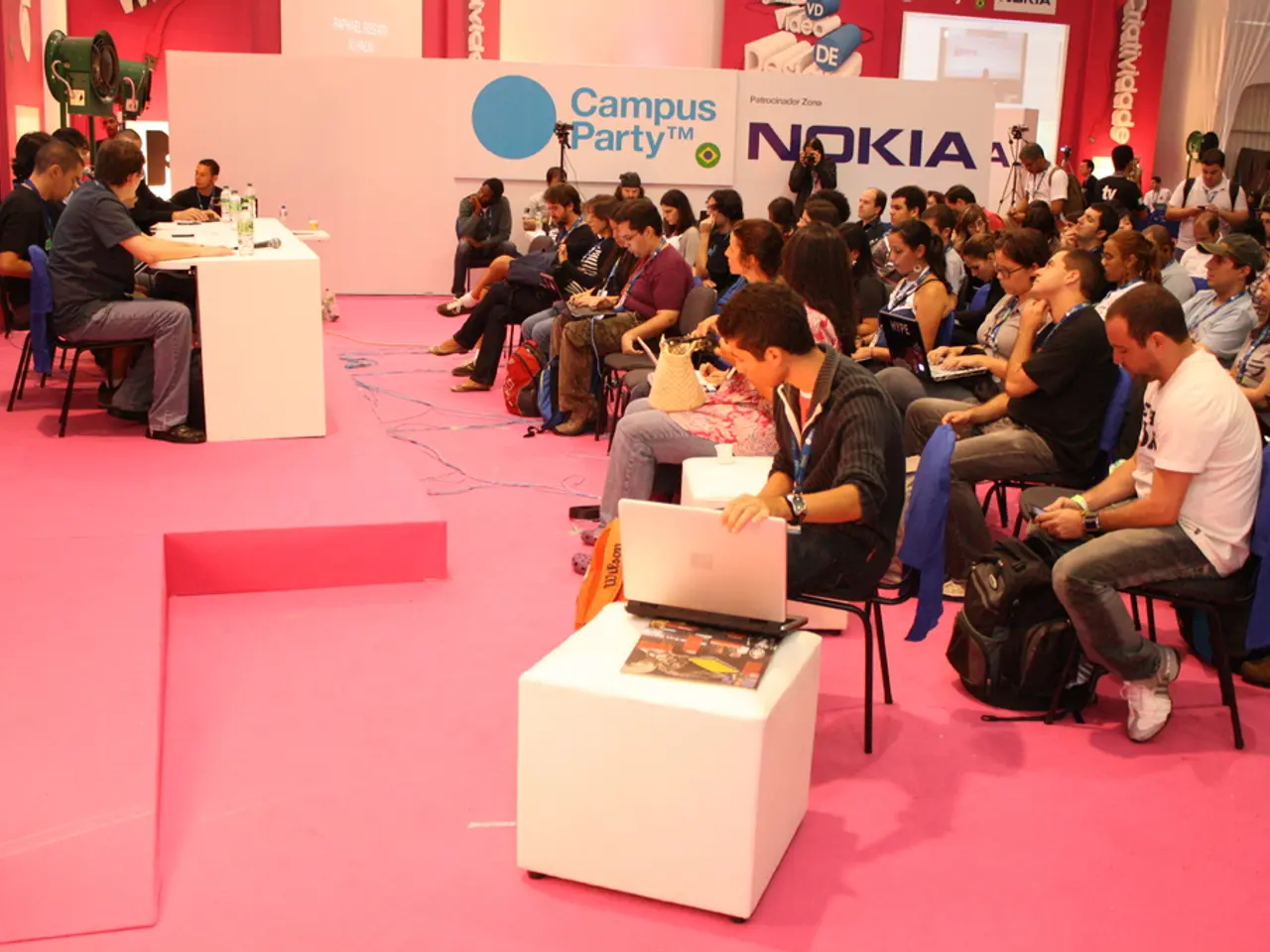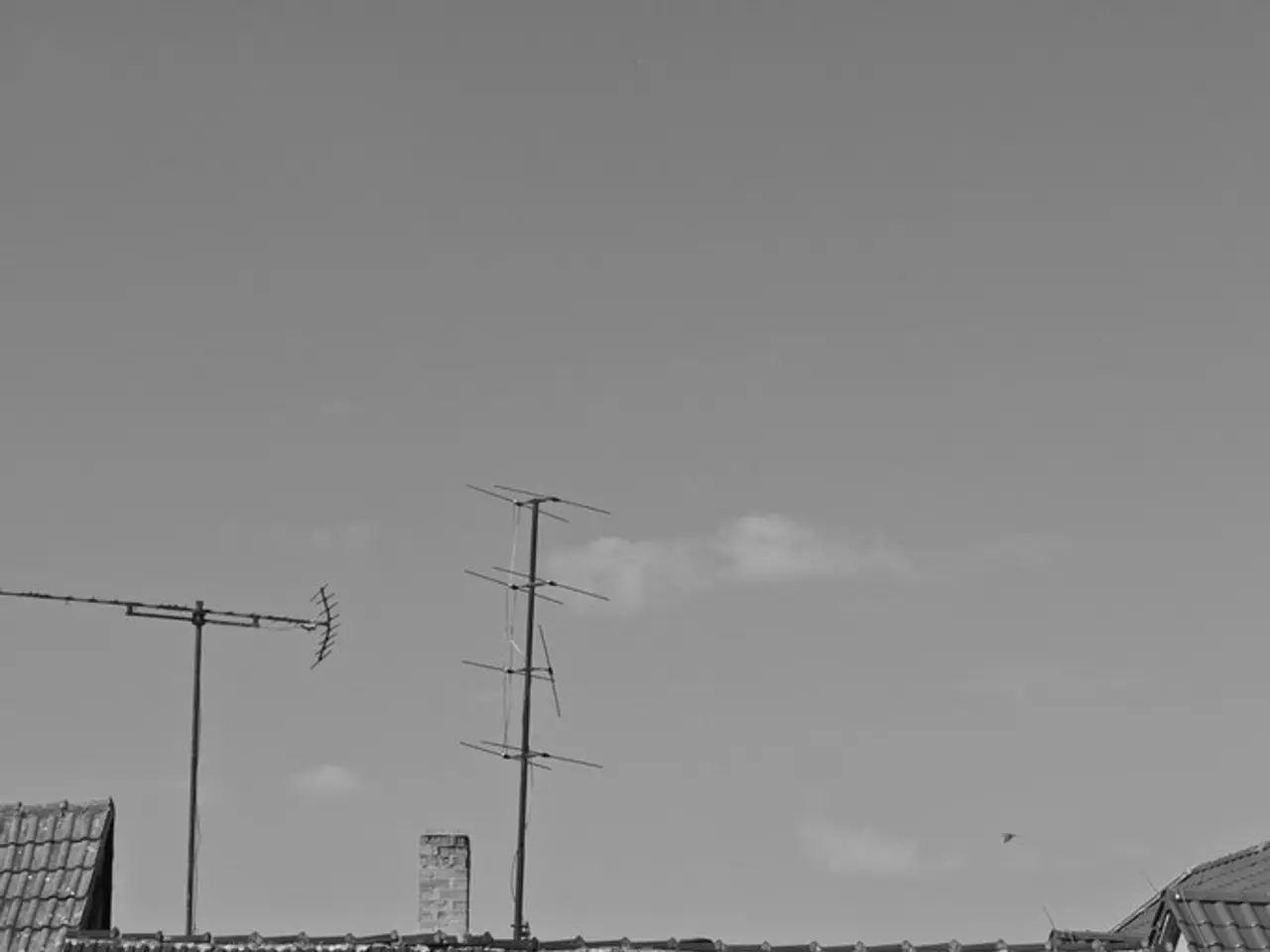A Venezuelan by nationality, yet bearing a Palestinian spirit within.
In the heart of La Vega, a densely populated neighborhood in Caracas, Venezuela, the air was filled with the aroma of arepas and the melodious tunes of Llanero songs. Pastor David and a fellow author were making their way down from the hill of El Petroleo, navigating through narrow, winding roads, when they found themselves amidst vibrant murals that told stories of a diverse community.
Upon arrival, they were greeted by Hamudi Abdallah, a young Venezuelan community leader and peace judge in his neighborhood. Hamudi, the youngest son of Intisar and Mohamoud Abdallah, greeted them with a firm handshake and a welcoming gaze. His Palestinian roots trace back to a town called Saris, now known as Shoresh, a place that was once home to his family but is now occupied by Zionists.
Hamudi's family, along with about 30 other members, migrated to Venezuela in 1970, shortly after the 1967 war, a conflict that triggered a second massive exodus of Palestinians. About half a million Palestinians were forced to leave their land due to this war.
Hamudi is an avid supporter of the Palestinian Resistance and sends his full support to Gaza. He speaks Arabic and Palestinian traditions are passed down from generation to generation within his family. Despite being Venezuelan by citizenship, Hamudi carries a Palestinian soul.
The Palestinian-Venezuelan families, like others in Latin America, arrived in Venezuela fleeing violence, dispossession, and economic hardship associated with the Israeli-Palestinian conflict. Over time, they have established themselves in urban neighborhoods such as La Vega, where their resilient spirit and cultural heritage still vibrate strongly.
These families preserve their Palestinian identity by maintaining traditions, religious practices, language, and a shared sense of belonging to their ancestral homeland despite generations abroad. While integrated into local society, many keep their "Palestinian heart," nurturing connections to Palestine emotionally, politically, and through extended family ties.
The author, who was in La Vega to experience the elections firsthand, was told that they had arrived at the Palestinians' location, although it is unclear who told them. Their friend, Ernesto, called out to Pastor David and instructed him to take the Cubans where the Palestinians were.
It is estimated that there are between 500 and 600 Palestinian-origin families across Venezuela, but in truth, there are thousands upon thousands of Palestinians living in Venezuela. The history of Palestinian families in Venezuela is rooted in a broader pattern of Palestinian migration that began primarily during the early to mid-20th century, often as a result of the displacement and conflict related to the Nakba and subsequent Israeli-Palestinian tensions.
These families maintain a deep connection to their ancestral homeland in Palestine through cultural identity, memories of displacement, and ties to extended family or community networks. Anyone who champions a just cause understands the fierce passion with which Cubans defend and love Venezuela and Palestine, a passion that is evident in the hearts of the Palestinian-Venezuelan community in La Vega.
- The Palestinian-Venezuelan families, migrated to Venezuela from their ancestral homeland in Palestine due to the 1967 war and subsequent conflicts, seeking refuge from violence, dispossession, and economic hardship.
- Despite being integrated into the local society, the Palestinian-Venezuelan community in La Vega preserves their cultural heritage, maintaining traditions, religious practices, language, and a shared sense of belonging to Palestine, carrying a Palestinian soul while nurturing emotional, political, and family ties with their ancestral homeland.
